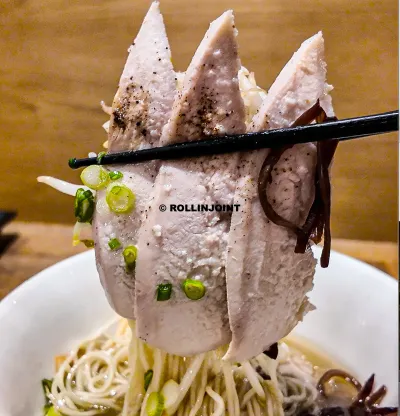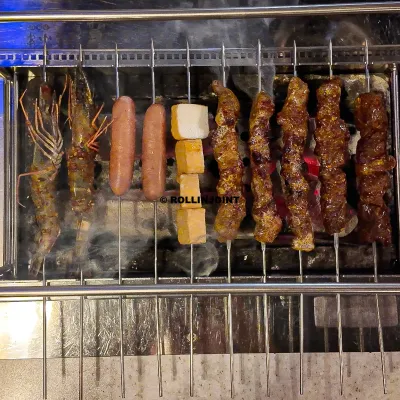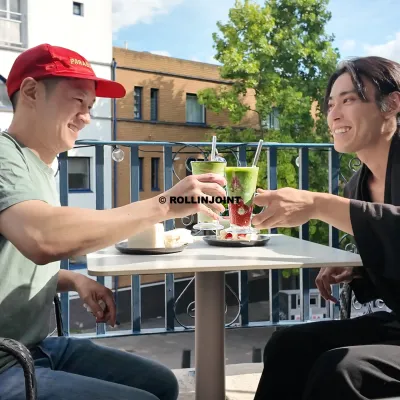Angel Dabang London Menu Is One of A Kind
One of our follower told me that I had to go try Angel Dabang (aka 천사다방). When I Google searched it, I knew I was absolutely going to love it.
Not only they were selling what other cafes were not selling like 꽈베기 a.k.a twisted donuts and 사라다 빵 a.k.a salad bread, but also the interior felt like my grandma's home in the 90s.
why?
Cause our grandma's home will always have a furniture with mother-of-pearl. And at Angel Dabang, you will see it everywhere from the mirror to the wall.
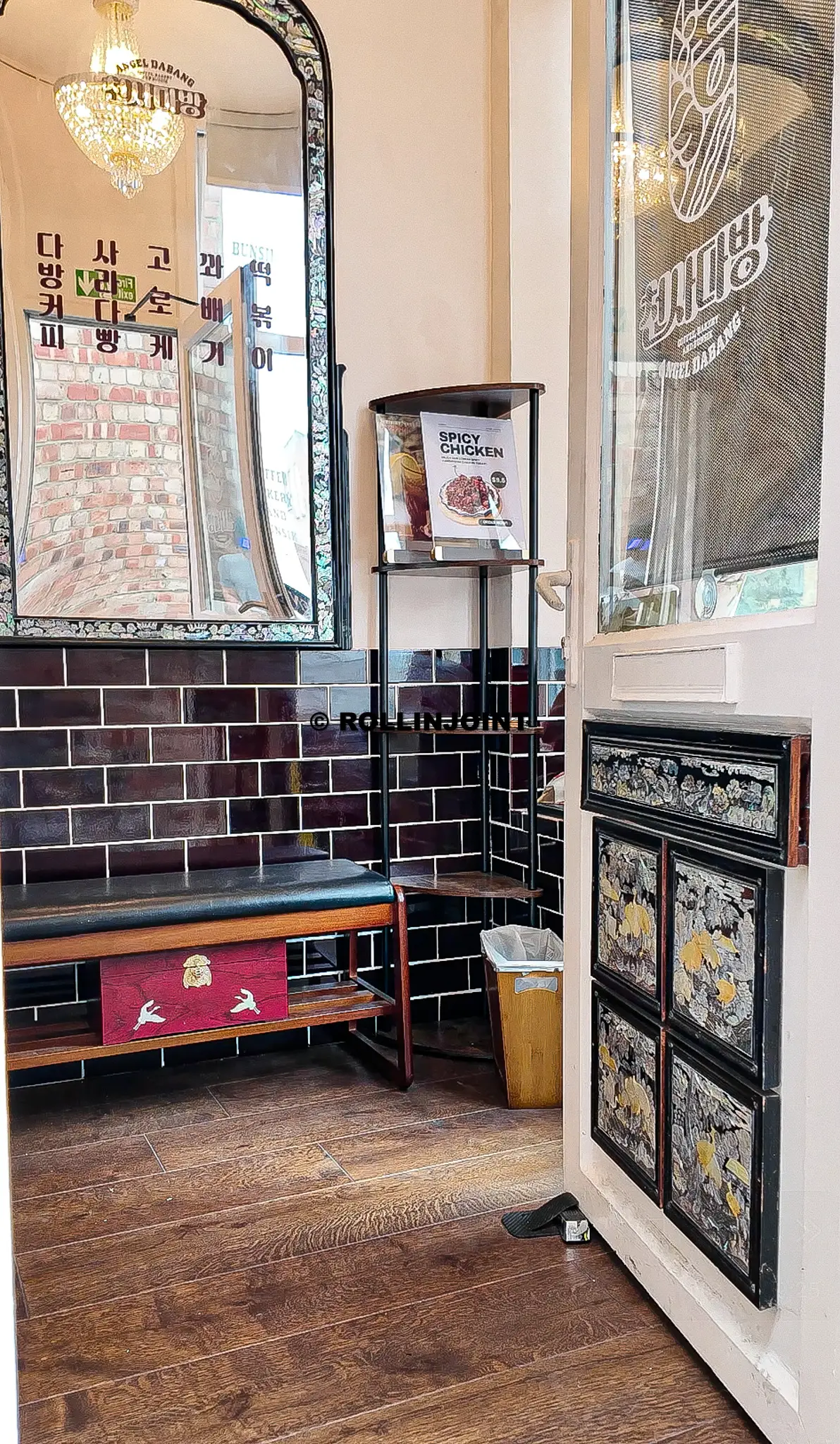
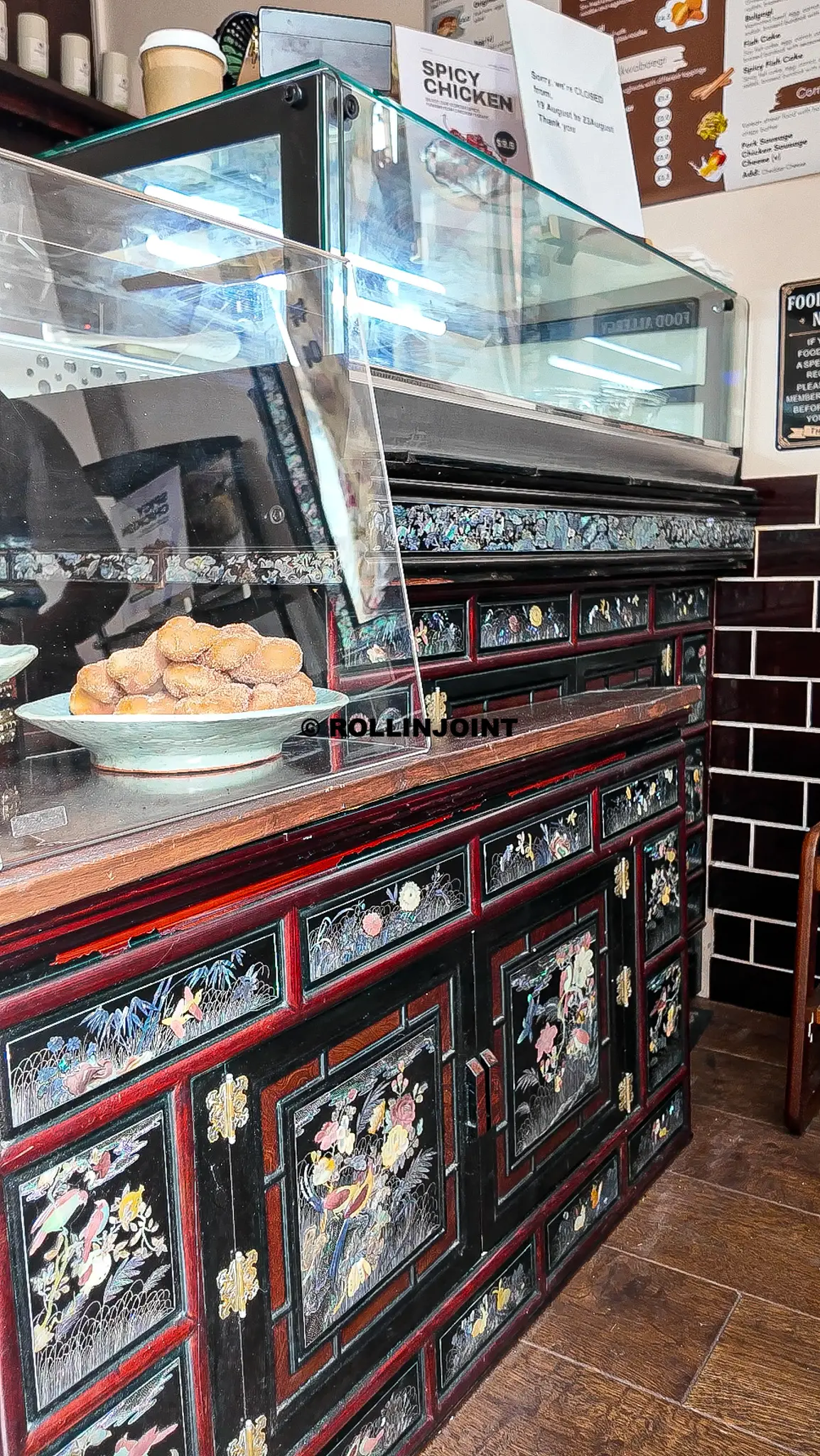
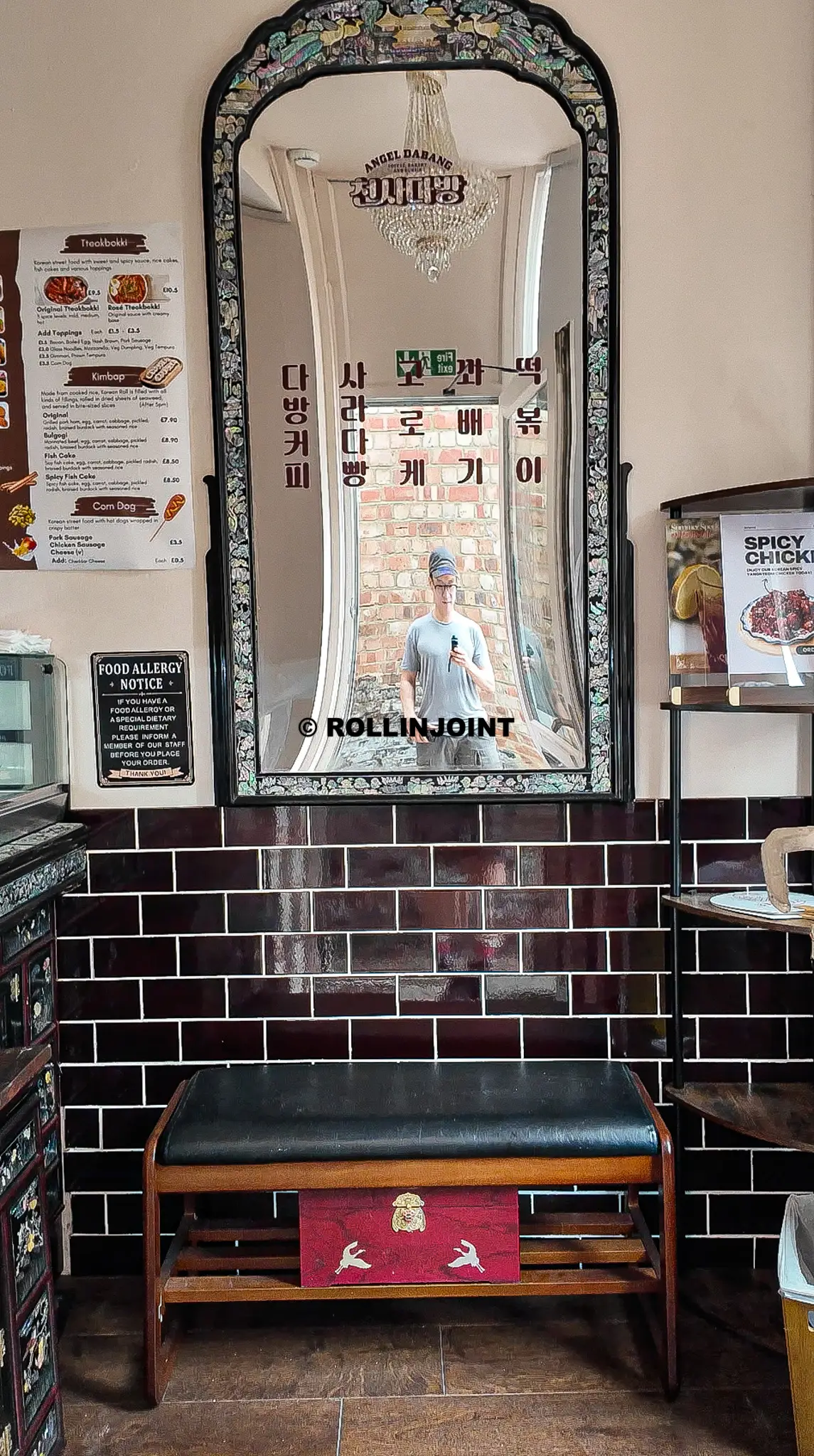
And I absolutely love how they are bringing a niche(?) culture in Korea to London.
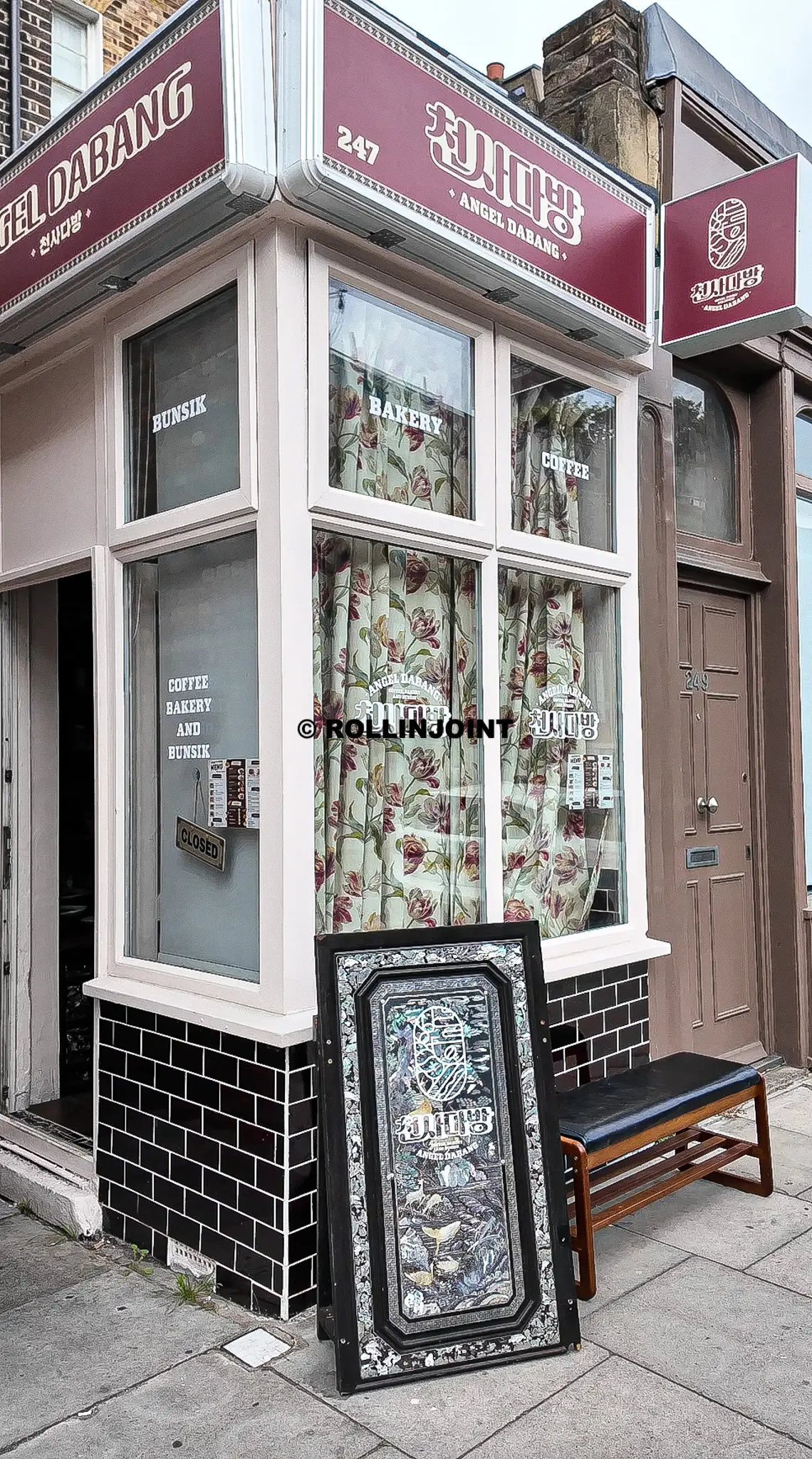
The Roots: Dabang (다방) – Korea’s Traditional Tearooms
The word “dabang” comes from “da” (tea) and “bang” (room). In its earliest form, it was simply a teahouse, but in Korea it took on a much bigger cultural role. The first dabangs appeared in the 1920s under Japanese colonial rule, especially in places like Myeongdong and Jongno, and quickly became more than places to drink tea. Writers, musicians, and artists gathered there to exchange ideas, hold readings, and listen to music.
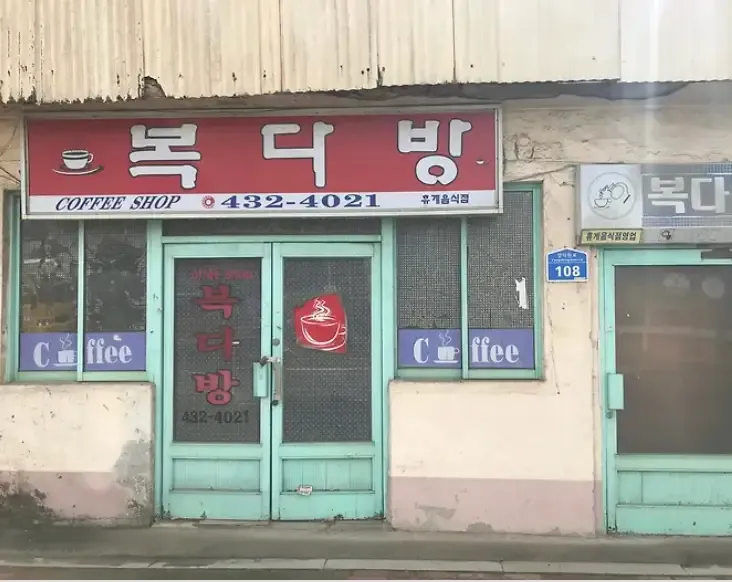
By the 1960s and 70s, dabangs had spread across the country and entered everyday life. They became popular for blind dates, casual business meetings, and social gatherings, and even my parents frequented. Music dabangs, where DJs curated records for the room, became an iconic feature of the era. For many, dabangs were less about the coffee itself and more about being part of a cultural scene.
By the 1990s, the culture began to decline. Instant coffee sachets and international chains such as Starbucks offered new ways of drinking coffee, while many dabangs either closed or were repurposed. What once symbolized modern sophistication soon became a memory, preserved in stories and a few surviving cafés.
But dabang culture made a comeback with a new name.
청년다방: A Modern Reinvention
Subscribe to continue reading

